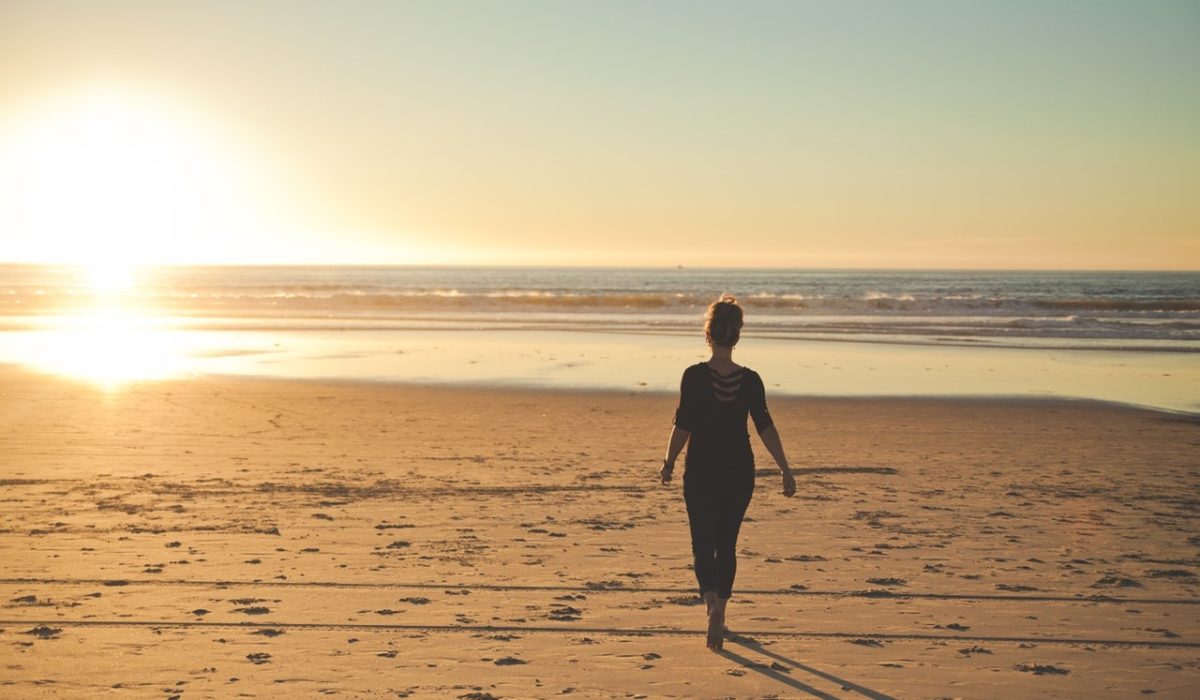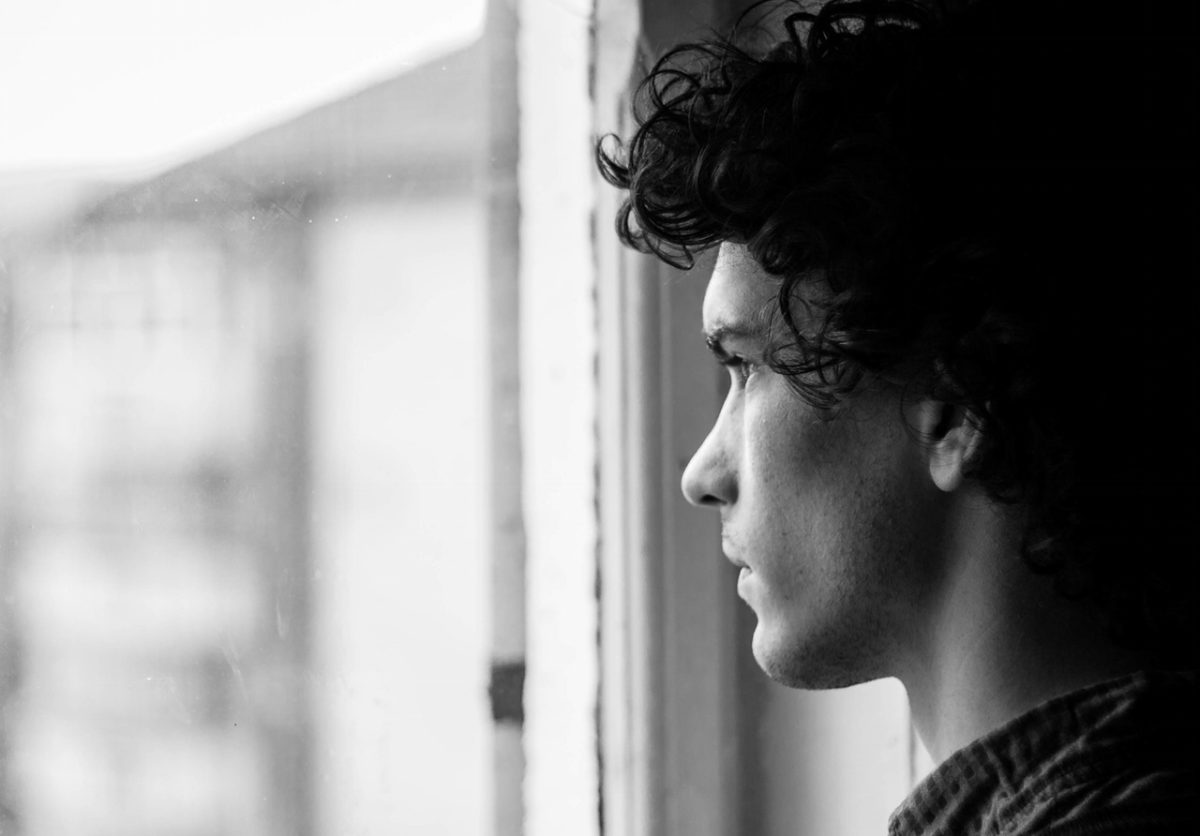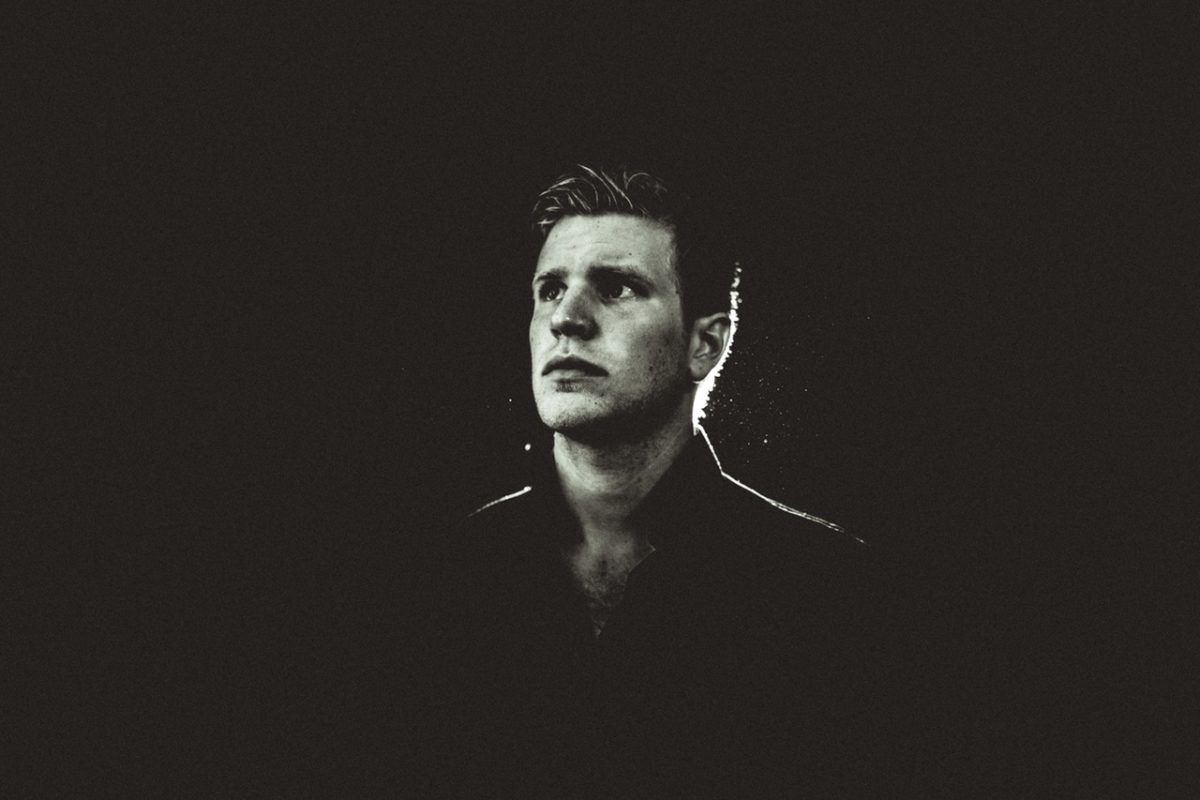5 Lessons on Being an Introvert in a Loud World
“Nobody realizes that some people expend tremendous energy merely to be normal.”– Albert Camus
I’m a writer, a presenter, and a teacher. My talents, at least the latter two, are best put to use in situations where I have an audience. In addition to being all of these things, I am also an introvert and a highly sensitive person. This means that mentally and emotionally, I am better without an audience and all of the stimulus that comes with lots of public interaction.
Isn’t this a contradiction? Absolutely it is. Navigating in a world where I shine in a place that also happens to be emotionally detrimental to me has always been challenging. Doing what I love comes at a cost, and I’ve had to learn to be protective of myself.
What is a Highly Sensitive Person?
We’re all bombarded by various stimulus at any given moment. Some of this is related to the five senses. This could be background conversations, various things occurring in our field of vision, somebody brushing against us as we pass, and the smells we encounter. Then there is emotional stimulus. In any given day, we witness people displaying a wide range of emotions.
For most people, the brain does its job quite efficiently by filtering all of this stimulus and storing it away as background noise. For people like me, the brain doesn’t do this job as well as it should. All of the inbound ‘noise’ can become unbearable. Like many HSP individuals, I am also an introvert.
This makes for a very noisy world. Fortunately, it’s one I’ve learned to thrive in, thanks to these lessons.
1. Stick to a Schedule When Possible
This isn’t to say that life as an HSP introvert is a life doomed to no spontaneity, but there is some real value in predictability. If I start the day knowing what my schedule looks like, I can identify the tasks and interactions that will be challenging for me, and be able to predict the times when I will need to take action to recover and recoup my emotional resources.
The result of this is that not only am I better off emotionally, I am much more enjoyable to be around, and I can make the most productive use of my talents. This is because I can bring out the teacher and presenter sides of myself when I need to be switched on, and then seek solace in being a writer when I have time to myself.
2. Take The Time to Figure Out How Your Brain Works
If you are an introvert, take the time to understand exactly what that means, not just in a general sense, but for you specifically. HSP and introversion don’t operate in exactly the same way from one person to the next. For example, I can be in a relatively loud environment if I have a focal point. I do absolutely fine attending the theater or enjoying a concert but, on the other hand, parties and crowded nightspots are an absolute nightmare for me. I suspect this is because, in these situations, I don’t have a single thing on which to focus. When external stimuli come from so many different sources at various levels of intensity, I struggle to sort it all out. Understanding my particular brand of HSP and introversion has helped me to create some great coping strategies.
3. Know Which Situations Will be Most Challenging
I have something called my ‘Defcon 5 List’. This is my list of situations that are extremely difficult for me to contend with, even for a relatively short period of time. Unfortunately, this list is the result of painful and very personal experience. However, once I became aware of some of the situations that caused me to struggle the most, I realized that I could then predict other situations that would be just as challenging for me.
Of course, awareness doesn’t necessarily translate into the ability to avoid. Not only that avoidance isn’t always desirable. What awareness does do for me is that it lets me know that I need to prepare myself for these situations and that I need to allow myself time to get back to normal afterwards.
4. Focus on Growing Not Fixing
Being an introvert or an HSP is not a disease, and it’s not a character flaw. It isn’t something that needs to be cured. However, it also doesn’t mean that no effort should be made to grow or challenge yourself. When I am deciding whether or not to expose myself to a challenging situation, I do a bit of a risk-benefit analysis. I try to determine what I will gain not just from the experience itself, but also from forcing my boundaries to get a bit wider and challenging myself.
If I determine that I simply am not up to the challenge, I don’t beat myself over it. When I am able to challenge my limits, I give myself permission to feel proud of the effort and accomplishment.
5. Develop an Understanding of Extroverts
I think the world is becoming more accepting of introverts and becoming more educated on what it means to be an introvert. In fact, if you were to Google ‘introvert memes’ you can find lots of visual depictions of what life is like for an introvert. Many of these are very spot on. One thing that has come with this increasing acceptance and understanding is a bit of a backlash against extroverts. I think it’s important to put it out there that extrovert is not synonymous with loud, insensitive, brash, or boorish. Someone can be an extrovert and also be thoughtful, contemplative, and bright.
I’ve found it easier to relate to extroverts now that I understand that where I lose energy, they gain energy. That’s helped me to get past some of my own prejudice and tendencies to misinterpret the actions of introverts that I interact with. For example, I understand now that when one of my extrovert friends really wants me to socialize, they aren’t pushing me to do something I don’t care to do. They are sharing something that brings them joy.
What do you think? Do you have any coping strategies that you have created as an HSP? If there are extroverts who are also HSP, your input would be especially interesting.
by






